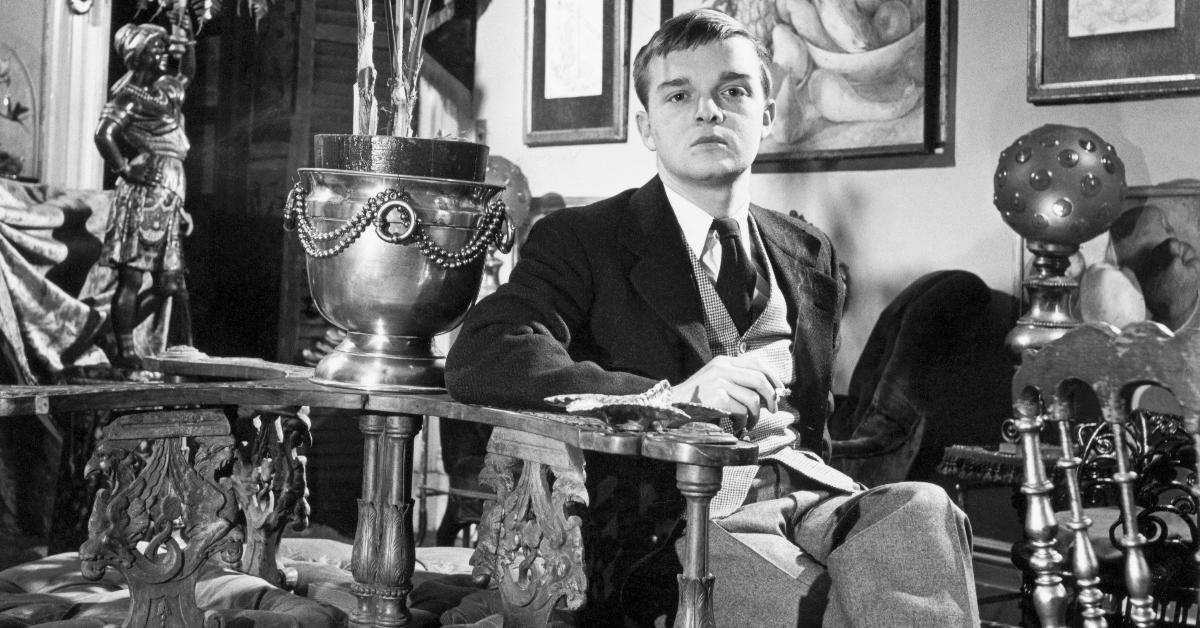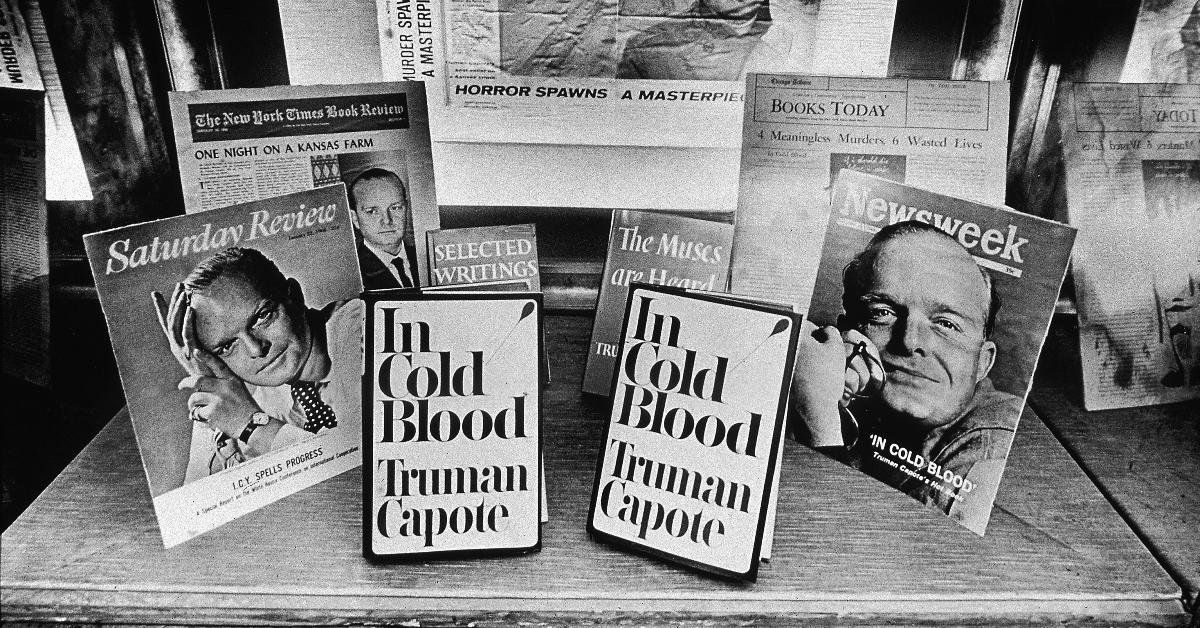Did 'In Cold Blood' Author Truman Capote Leave Behind a Legacy and a Sizable Bank Account?
Published Feb. 1 2024, 6:05 p.m. ET

Author Truman Capote at home
If Truman Capote were alive today, it stands to reason he might delight in the strange path true-crime has taken since In Cold Blood was published in 1966. It's widely referred to as the book that created the true-crime genre, though people have documented crime in various forms for thousands of years. Capote loved a good story and considered them to be closer to gossip than anything else. What is a true-crime podcast if not people gossiping about a ghastly crime.
Unfortunately, Capote passed away decades before documentaries and Reddit threads whispered about terrifying cases in small towns. Other than Breakfast at Tiffany's, which was published in 1958 as a novella in Esquire, Capote's writing career more or less fizzled out after In Cold Blood. At the time of his death, Truman Capote's net worth had dwindled significantly. It's a shame he wasn't alive during the time of podcasts. he would have made one heck of a host.

Young Truman Capote in his New York Apartment
Truman Capote's net worth at the time of his death was smaller than you'd think.
According to a September 1984 piece in The New York Times, Capote's will stipulated that more than $600,000 of his estate was set aside for the "eventual creation of an annual prize in literary criticism." The chief beneficiary of the author's estate was his partner of over 25 years, Jack Dunphy, who received Capote's "real property holdings and a share of a trust fund to be set up later." The will did not expressly state the value of the aforementioned holdings or real estate.
The literary prize, which would later be called the ''Truman Capote Award for Literary Criticism," would increase upon Dunphy's death with whatever assets remained. Alan U. Schwartz was named executor of the estate and was told to choose a university or college to which the award would be given.
The New York Times reported that Jack died in 1992. Two years later, the trust was officially announced by Alan who administered to the Iowa Writers Workshop at the University of Iowa and the Creative Writing Program at Stanford University. "The trust is to award prizes to writers and critics totaling $114,000 annually," followed by a "$100,000 prize every four years for lifetime achievement in criticism." If royalties from Capote's books increased the value of the trust, additional grants and scholarships would be made available.

A window display at the Random House building for 'In Cold Blood'
Truman Capote died in August 1984 from an overdose.
In August 1992, eight years after Truman Capote died, Entertainment Weekly published a piece on the death of the troubled author. It begins with how he ended, an overdose on Valium, codeine, barbiturates at the age of 59. Based on the autopsy, his exact cause of death was liver disease which was "complicated by phlebitis and multiple drug intoxication." It told a story of a hard and difficult life.
Truman was born in 1924 and like most people who grew up in the 1940s and 1950s, he was a heavy drinker and an even heavier smoker. "By the early 1970s Capote was abusing cocaine, alcohol, tranquilizers, marijuana and other substances," per PBS. He was in an out of substance abuse treatment centers, to no avail.
The last novel Truman was working on, went unfinished. Titled Answered Prayers, he did publish "four of the completed chapters in Esquire magazine between 1975-1976." They were scandalous stories told to him by his high society lady friends. Their fractured relationships are the subject of Season 2 of Ryan Murphy's Feud. Truman once said he borrowed the title of that book from a quote attributed to St. Teresa of Avila. "More tears are shed over answered prayers than unanswered ones." He got that right.